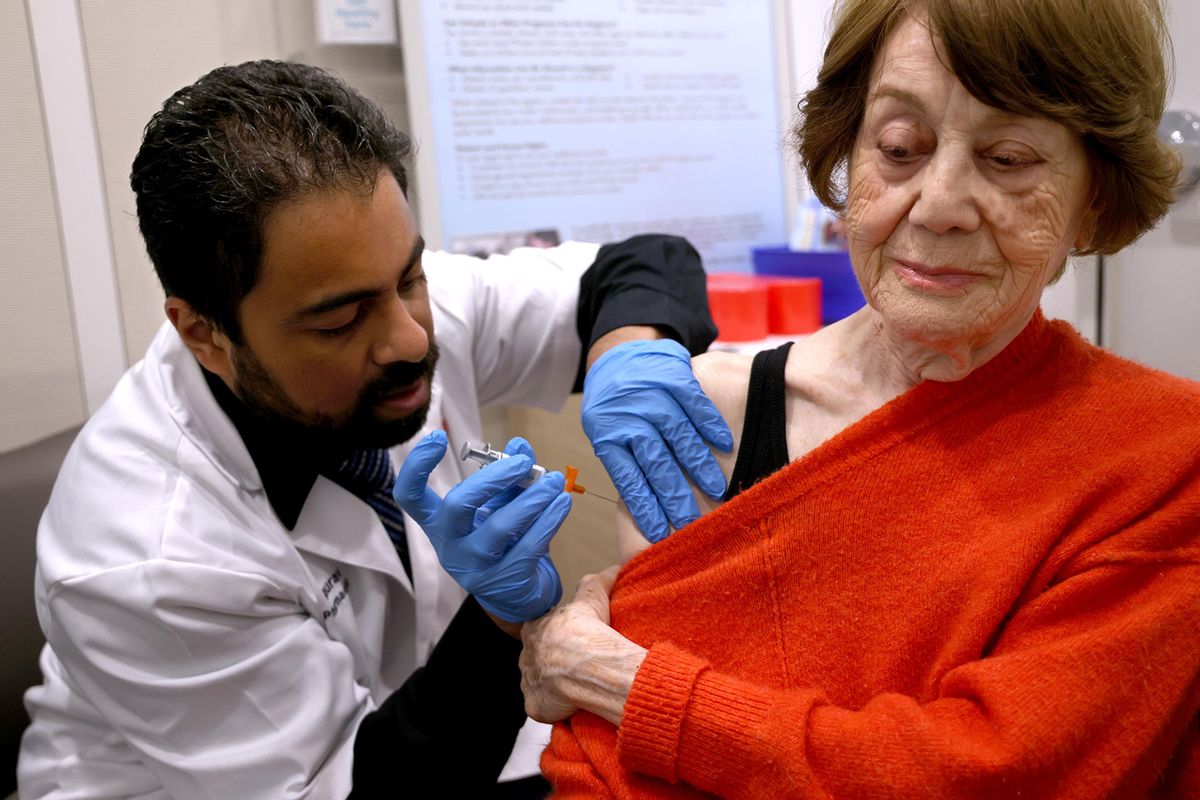Across the U.S., 35% of adults reported that they did not trust COVID-19 vaccines, without much variation across years 2021-2023, according to a survey published in the journal Vaccine: X this week. Vaccine hesitancy is one piece of a growing distrust in public health exacerbated by the government’s pandemic response that many experts fear will only deepen with the new Trump Administration.
About 81% of Americans got at least one COVID vaccination, which helped the country build up enough herd immunity that most people could return to their daily activities without some of the health interventions like mask mandates and stay-at-home orders that had been issued to keep communities safe. Though the vaccines can have side effects and sometimes harm people, these outcomes are very rare and no match for the damage the virus itself does to the body. The vaccines are considered extremely safe.
Of course, life didn’t go back to normal for millions of people who lost family members to COVID or who are still dealing with debilitating symptoms of long COVID, in which the symptoms of infection can linger for months or even years. In another study published this week, this time in the journal Vaccine, COVID vaccination was associated with a reduced risk for developing long COVID.
The Trump Administration rolled out the vaccines in record-time through Operation Warp Speed, but the expediency of the process, along with misinformation circulating online, left many dubious of them. Mixed messaging from the government also led to the politicization of public health, which added gasoline to an already flaming issue. For example, the Centers for Disease Control and Prevention (CDC) recommended masks while Trump refused to wear one, and the same agency recommended social distancing but Trump encouraged supporters to protest virus restrictions in large groups.
Counties that voted Republican had significantly more deaths from COVID-19 than counties that voted Democratic, in part due to reduced vaccine uptake. The study published this week did not measure how political parties influenced trust in the vaccines, though it did find that trust in the CDC was tied with higher trust in the vaccine. Loss of a family member to COVID was also associated with this trust.
“It is critical to maintain, or rebuild where necessary, trust in public health information sources,” the authors wrote.



Shares